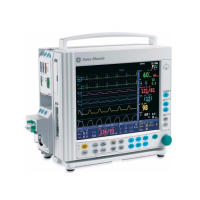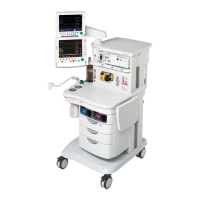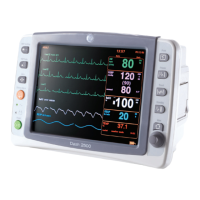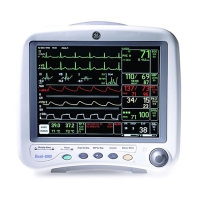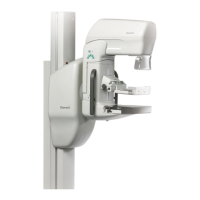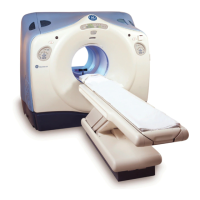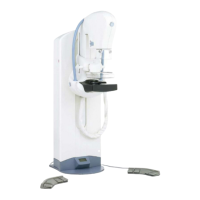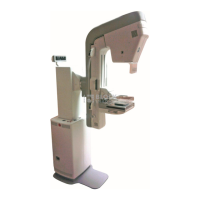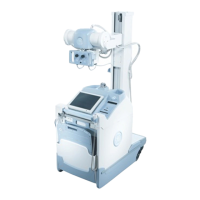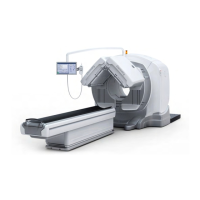Planned maintenance instructions
1
Document no. M1125633-06
1 Planned maintenance instructions
1.1 Introduction
These instructions include procedures for planned maintenance (PM) for the Datex-Ohmeda
S/5 Anesthesia Monitor and S/5 Critical Care Monitor. The Planned maintenance should be
performed once a year.
These instructions include “Planned maintenance check form,
S/5 Anesthesia and S/5 Critical Care Monitor” to be filled in when performing the corresponding
procedures.
The symbol
" in the instructions means that the procedure performed should be signed in
the check form.
The procedures should be performed in ascending order, bypassing those that are not
applicable for a particular monitor.
If you need further information on how to perform a certain Planned maintenance procedure,
please refer to the corresponding slot in the Technical Reference Manual.
All menu selections related to the Datex-Ohmeda monitors are written in the following
typeface:
e.g. Parameters - Gas Unit
As you enter the service menus, you need the following passwords:
Monitor Setup - Install/Service (password 16-4-34) - Service (password 26-23-8)
In case you evaluate the measurement accuracy with a patient simulator, add the simulator’s
accuracy specification to the one of the monitor.
WARNING Handle the water trap and its contents as you would any body fluid.
Infectious hazard may be present.
WARNING Only trained personnel with appropriate equipment should perform the
tests and repairs outlined in this section. Unauthorized service may void
warranty of the unit.
WARNING Wear a static control wrist strap when handling PC boards. Electrostatic
discharge may damage components on the board.
CAUTION Failure on the part of all responsible individuals, hospitals or institutions,
employing the use of this device, to implement the recommended
maintenance schedule may cause equipment failure. The manufacturer does
not, in any manner, assume the responsibility for performing the
recommended maintenance schedule, unless an equipment maintenance
agreement exists. The sole responsibility rests with the individuals, hospitals, or
institutions utilizing the device.
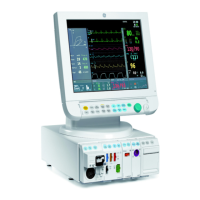
